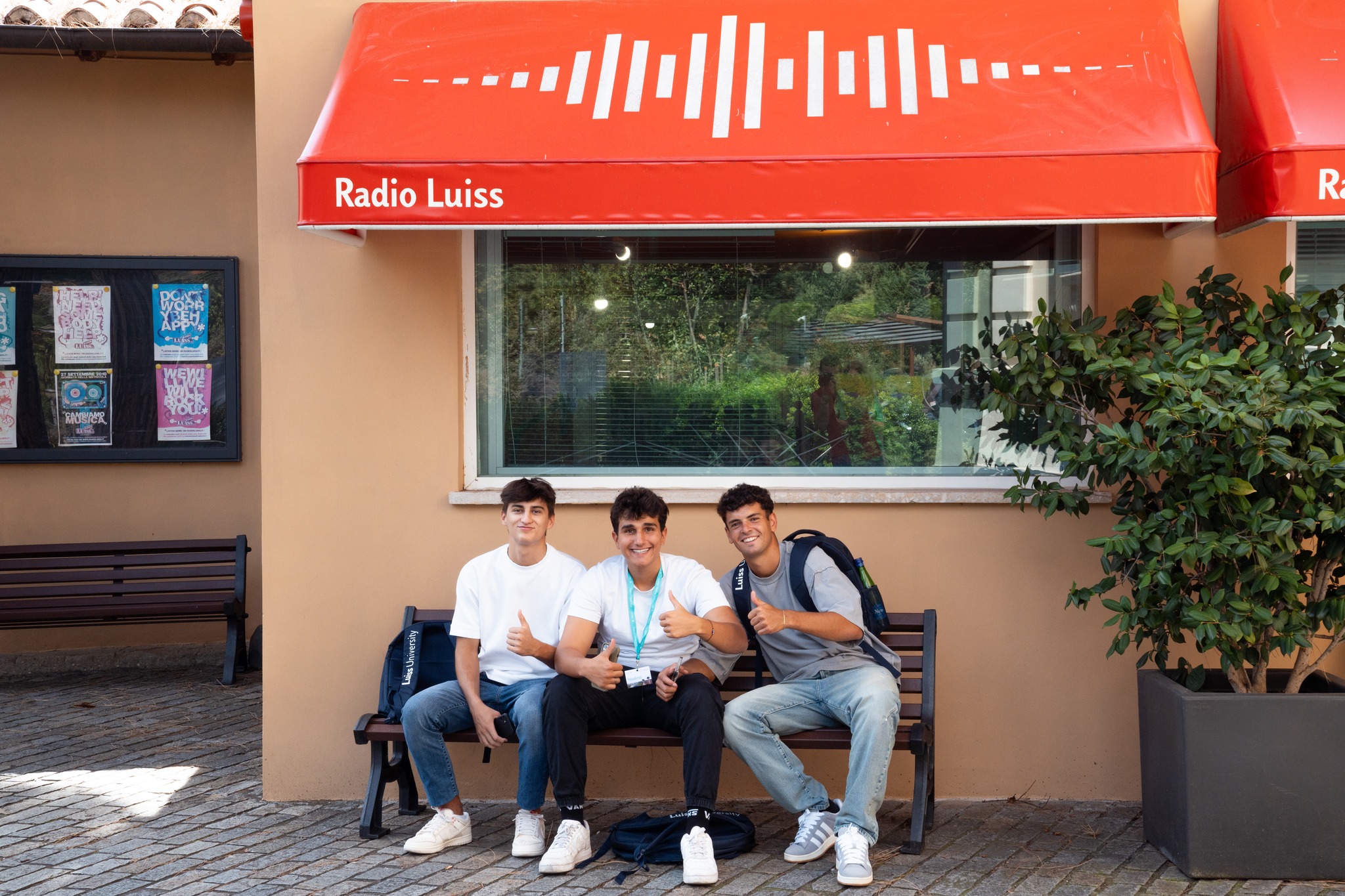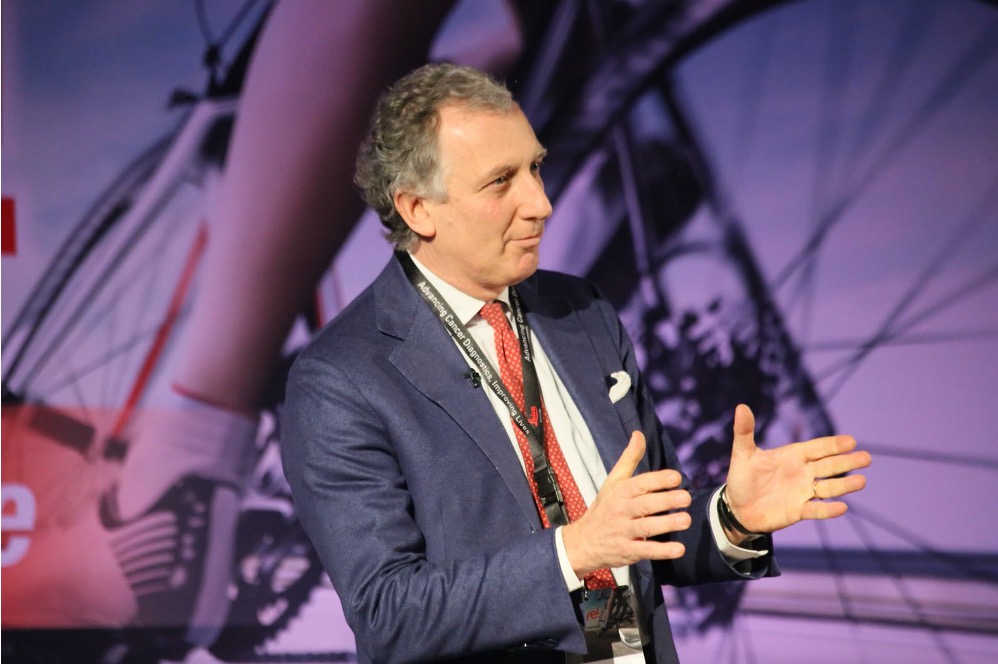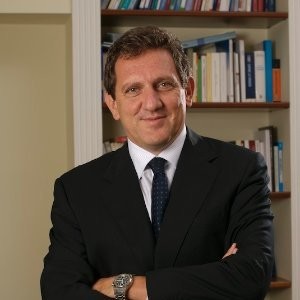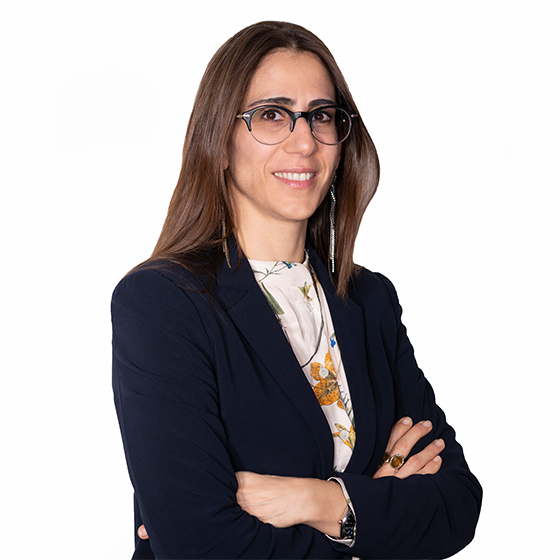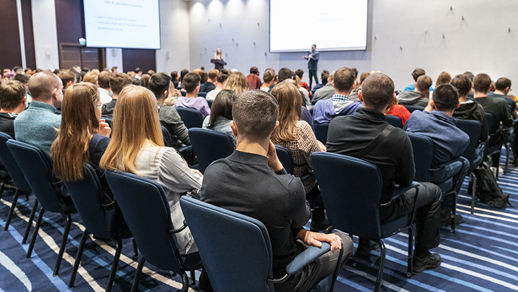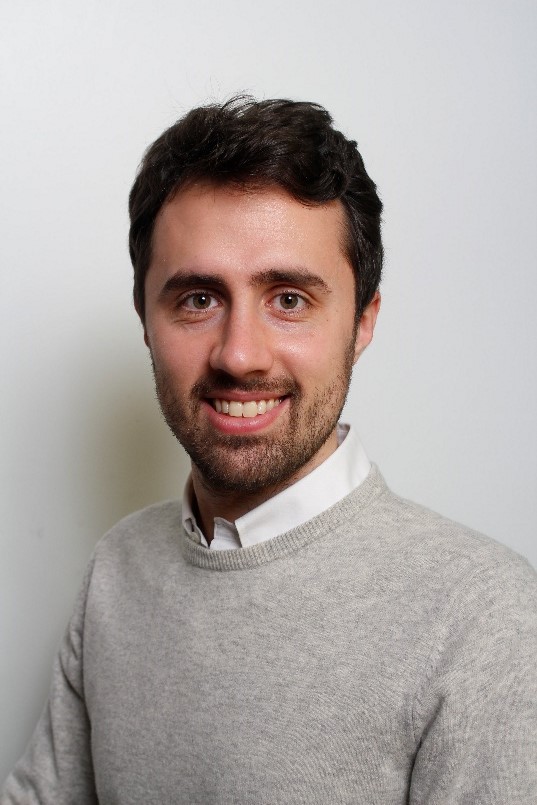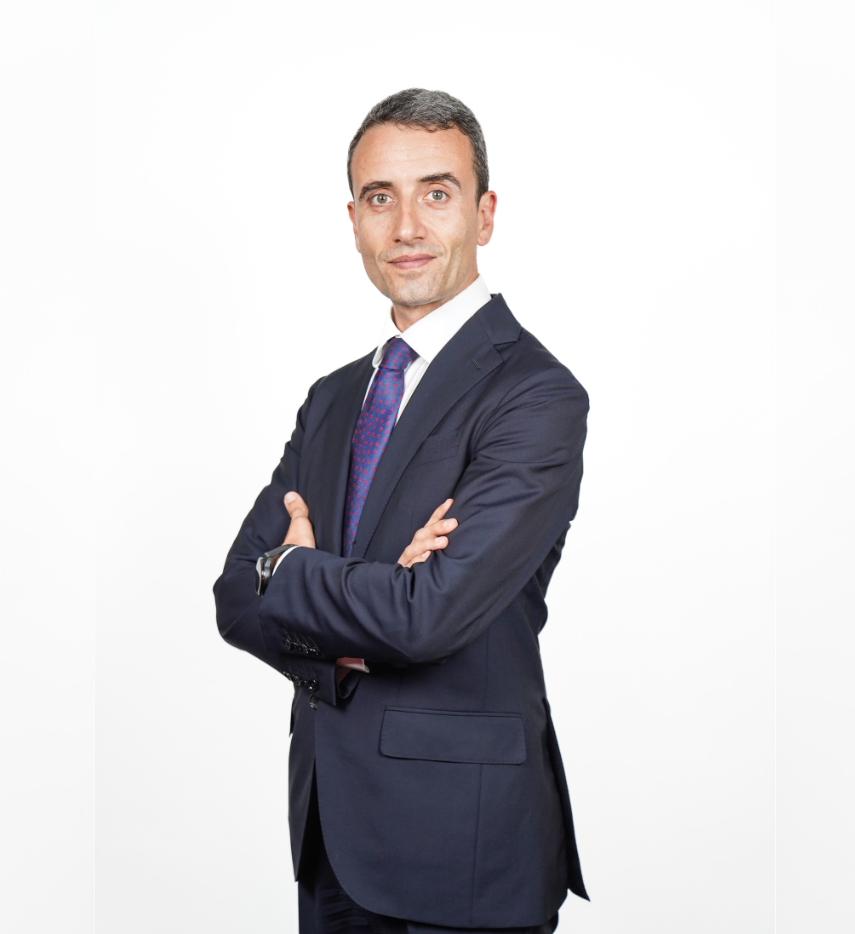
Professore associato di Organizzazione Aziendale e titolare della Vodafone Chair in Cybersecurity and Digital Transformation. Collabora con la Sapienza e con l’Università di Agder nell’ambito di progetti finanziati ed è autore di oltre 150 pubblicazioni scientifiche.
Programme Insight
A programme designed to develop analytical, decision-making and leadership skills essential to effectively interpret and manage contemporary economic and business phenomena. Through the combination of economic, business and legal knowledge, this programme adopts an innovative teaching model based on the use of active methodologies and case studies, fostering dynamic and engaging learning, in order to enable students not only to understand economic and management theory but also to apply that knowledge in a practical and innovative way, tackling real and current business problems. The programme emphasises critical thinking and strategic decision-making, essential qualities for future leaders in the global context.
Study Program
The courses and activities offered in the Bachelor's Degree program in Economics and Management aim to provide students with a diverse education both in terms of content and teaching methods, as well as learning experiences. In terms of courses, this variety can be seen in the range of subjects included within the broad areas of law, economics, mathematics, and business.
Regarding activities outside of the formal curriculum, diversity is evident in the wide array of options available to students, which includes individual or group projects with companies or institutions, soft skills workshops, seminar series on highly relevant topics, and the opportunity to study a second language (in addition to English).
Study Plan
Year I 2025/2026
| COURSE | CFU |
|---|---|
Diritto privato |
8 |
Economia aziendale |
8 |
Matematica |
8 |
Storia dell’economia e dell’impresa |
6 |
Diritto pubblico dell’economia |
8 |
Informatica |
4 |
Microeconomia |
8 |
Statistica |
8 |
Year II - 2026/2027
| COURSE | CFU |
|---|---|
Contabilità e bilancio |
6 |
Matematica finanziaria |
8 |
Diritto commerciale |
8 |
Economia industriale |
6 |
Economia e Gestione delle Imprese |
8 |
Macroeconomia e politica economica |
8 |
Pianificazione e controllo |
6 |
Year III - 2027/2028
| COURSE | CFU |
|---|---|
Finanza aziendale |
8 |
Marketing |
8 |
Organizzazione aziendale |
8 |
Statistica applicata ed econometria |
6 |
Economia dei mercati e degli intermediari finanziari |
8 |
| Grand Challenge | 4 |
| 3 Insegnamenti a scelta | 18 |
| 3 elective courses | 18 |
|---|---|
| Additional Credits | CFU |
| Mandatory language | 4 |
| Other activities | 4 |
| Final test | 4 |
| Totale CFU | 180 |
Job Opportunities
The Bachelor's Degree in Economics and Management enables graduates to work by the end of their three-year program in various sectors, including businesses, banks, insurance companies, auditing firms, public administration, and business and professional consulting firms.
The signing of a specific agreement with the Order of Chartered Accountants and Accounting Experts of Rome allows those who present a specific study plan to meet the necessary requirements to sit for the state exam for the profession of accounting expert, as per Legislative Decree No. 139 of June 28, 2005, as well as for training to carry out the activities of legal auditor under Legislative Decree No. 39 of January 27, 2010.
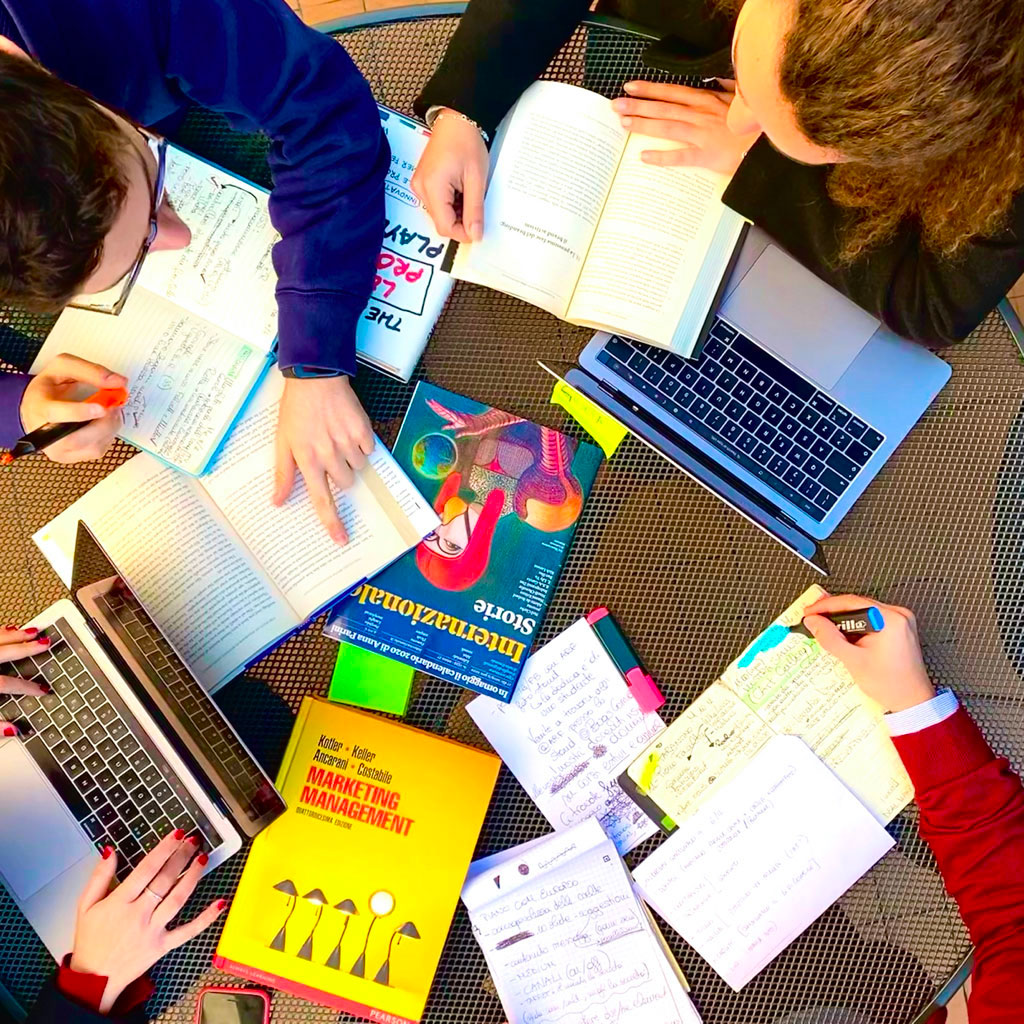
Luiss Guido Carli selects its students with the aim of providing them with efficient services and offering the best conditions to facilitate their university journey, leading to personal and professional growth.
Students are the heart of our University, and each one is supported with professionalism and care.
Check all the information to apply for the next admission test.
Get information on scholarships and financial aid offered by Luiss.
Luiss residences are available, as well as other types of accommodation.
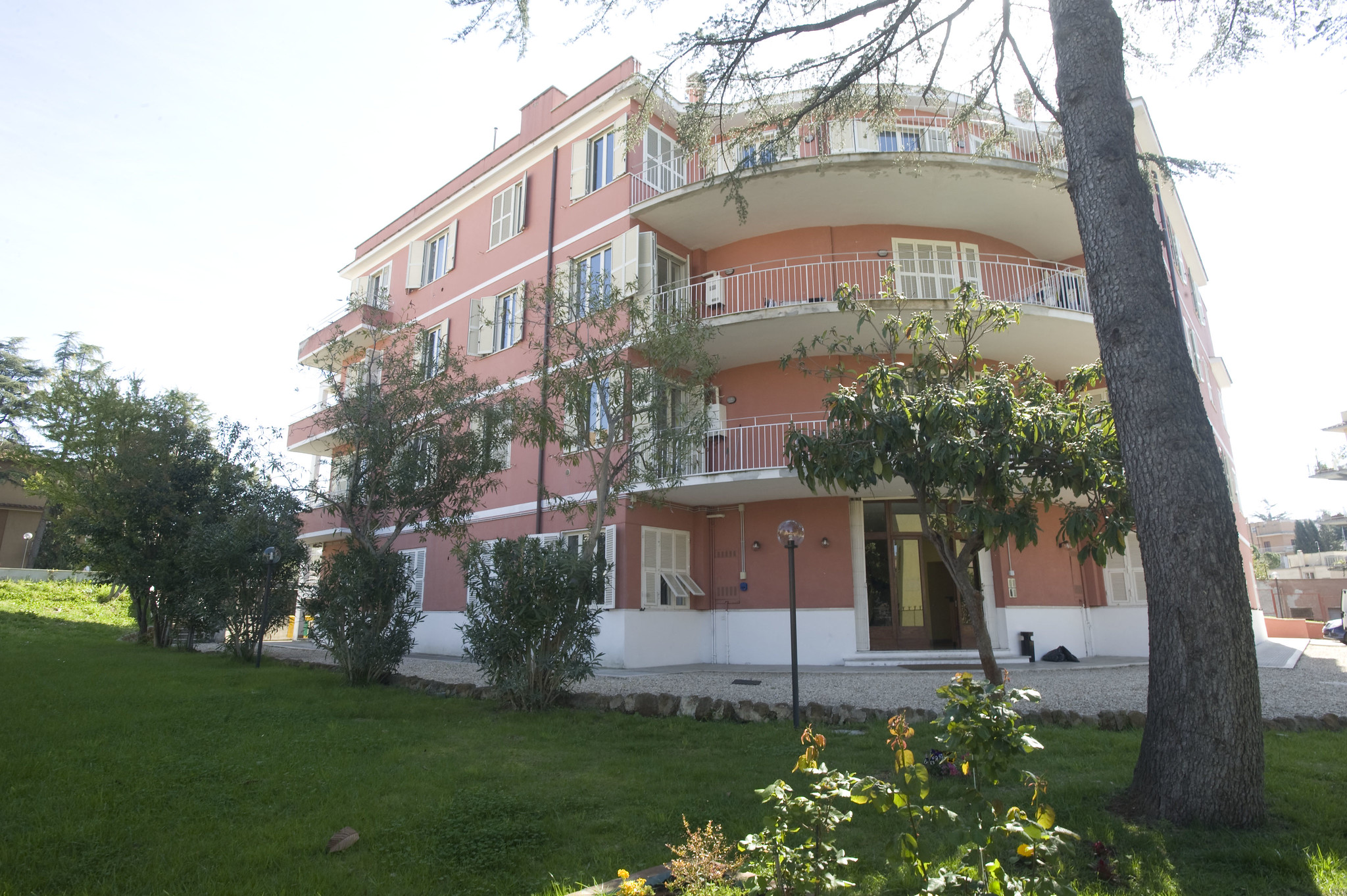
Luiss collaborates with the most prestigious universities worldwide to offer students exchange programs and double degree opportunities, providing exclusive education and career opportunities abroad.
Study in the United States.
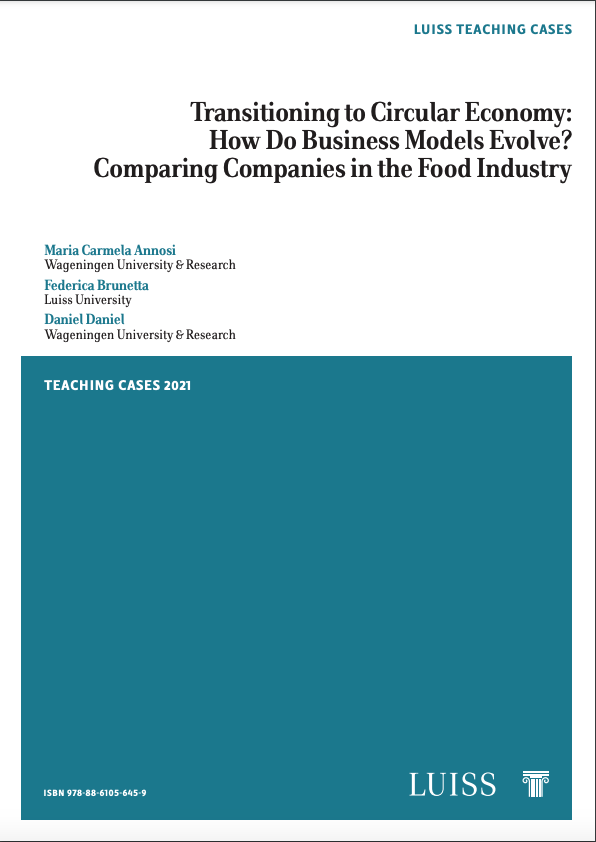
Transitioning to Circular Economy: How Do Business Models Evolve? Comparing Companies in the Food Industry
FAO has estimated that approximately one-third of global food production is wasted each year across the food supply chain, equivalent to approximately 1.3 billion tons of food, worth 1 trillion dollars. In addition to economic losses, food waste contributes to increasing global greenhouse gas emissions and unsustainable use of water, land, and energy. To respond to the societal need to reduce food waste along the supply chain, circular business models have emerged to replace the linear “take-make-dispose” models. As a result, many initiatives have been established to use resources and to prevent waste via optimizing residual streams. The case presents evidence from the food industry. This seems an ideal setting, given the great need to minimize food waste and loss both for societal and economic reasons. The megatrends impacting the food industry are described, along with a presentation of the characteristics of the food supply chain and CE approaches in agri-food. This will serve as a basis to better understanding challenges and opportunities provided by the external environment leading to potential strategic decisions faced by industry managers. Then, six short cases with stories of companies in the food industry that have implemented Circular Business Models are presented. The short cases serve as a basis for reflecting on the main problem faced by managers willing to move towards such models: How can one plan for the best transition to the Circular Economy and, given the importance of working together, how can one set up a successful collaboration?
